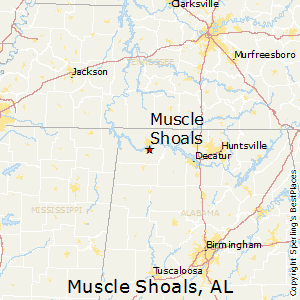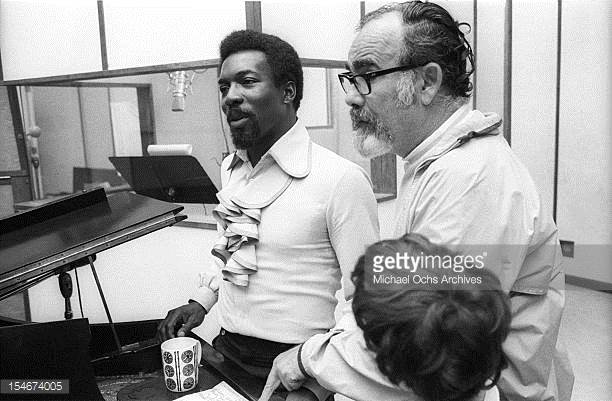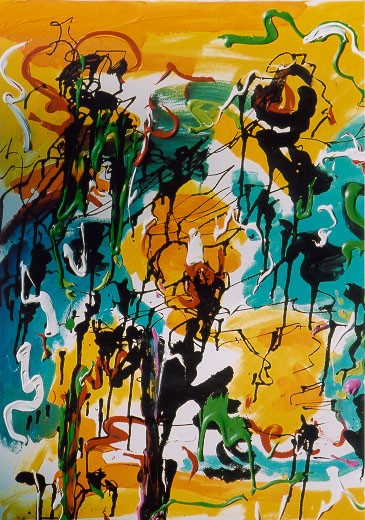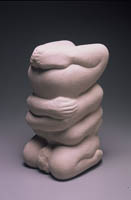‘Rock ‘n’ Roll Heaven’ found in a Speck of Northern Alabama

‘The Swampers’ in Muscle Shoals integrated soul, rock and the blues to become sought-after, elite instrumentalists
You’re in rock ‘n’ roll heaven, man.
Keith Richards, talking about Muscle Shoals in a 2013 documentary
Where Musicians Congregate
Specialty musicians in certain towns and cities across America created a certain sound and were thus sought-after by well-known solo artists of all stripes.
Los Angeles had its Wrecking Crew (which I featured in a 2017 post), which helped propel Glen Campbell to stardom.
In Detroit, the Funk Brothers were Motown’s house band (though they occasionally moonlighted when Berry Gordy wasn’t looking). These were a supremely talented and creative bunch whose sound dominated radio for years. They were totally anonymous until Marvin Gaye listed their names in the liner notes of his transformational 1971 album, What’s Going On.
And then there’s that group of musicians in a town in Alabama. I’ll let Lynyrd Skynyrd’s lyric in “Sweet Home Alabama” explain:
Now Muscle Shoals has got the Swampers
Lynyrd Skynyrd
And they’ve been known to pick a song or two
Lord, they get me off so much
They pick me up when I’m feeling blue
Now how ’bout you?
Sweet Home Alabama
The unlikeliest town to become a musical oasis–Muscle Shoals, a speck along the Tennessee River in Northwest Alabama– was home in the early sixties to Rick Hall, who operated FAME Studios. Born into extreme poverty and abandoned at the age of five when his mother became a prostitute, Hall had big dreams: He wanted to record black music, which was no small feat for a white man in Alabama.
“I loved that style of music,” Hall remembers, “and I wanted to be like them.
“When people would ask, ‘why do you sound so black?,’ that was the greatest compliment you could give us.”
The Muscle Shoals Sound
Hall’s house band was the Muscle Shoals Rhythm Section, consisting of Jimmy Johnson on guitar, David Hood on bass, Barry Beckett on keyboards and Roger Hawkins on drums. These four musicians took with them Rick Hall’s vision when they left FAME in 1969 to found the Muscle Shoals Sound Studio. Their nickname, the Swampers, reflected their “funky, soulful, Southern swamp sound.”
They created a unique sound that blended elements of soul, rock, a little bit of country and the blues. The stars came running. NPR:
Muscle shoals seemed an unlikely place for a celebrity crowd. The nicest hotel was the Holiday Inn, and sometimes…artists would be put up in mobile homes in the local trailer park. But the music kept the stars coming.
NPR
A documentary film was made in 2013 about the musical phenomenon that was Muscle Shoals. It was directed by Greg “Freddie” Camalier and released by Magnolia Pictures. Here is the film’s official trailer, just over two minutes long, published by MuscleShoalsMovie via YouTube:
All-Star Roster
It’s highly improbable to render an exhaustive list of top solo artists who trekked south to revive their recording legacies. Notice the diversity: Paul Simon. Percy Sledge. Cher. Wilson Pickett. Duane Allman. Aretha Franklin. The Staple Singers. The Rolling Stones. It was said that on Bob Seger’s classic, ” Old Time Rock ‘n’ Roll,” the opening eight piano notes was a keyboard practice lark that Seger kept in the song.
Jerry Wexler Makes His Mark
In Atlantic Records’ New York City office in 1966, partner Jerry Wexler was bowled over by a song on the radio by Percy Sledge, titled “When a Man Loves a Woman.” The song was recorded somewhere in Alabama by a producer named Rick Hall. Atlantic quickly secured the rights to distribute the song.
Wexler’s courting of Muscle Shoals came on the heels of Atlantic’s separation from Stax Records in Memphis, with its superb house band that included Booker T. Jones, Steve “The Colonel” Cropper and Donald “Duck” Dunn. Wexler needed new blood and looked to Rick Hall and to Muscle Shoals Sound Studio for quality recordings.
The Swampers Become Hitmakers
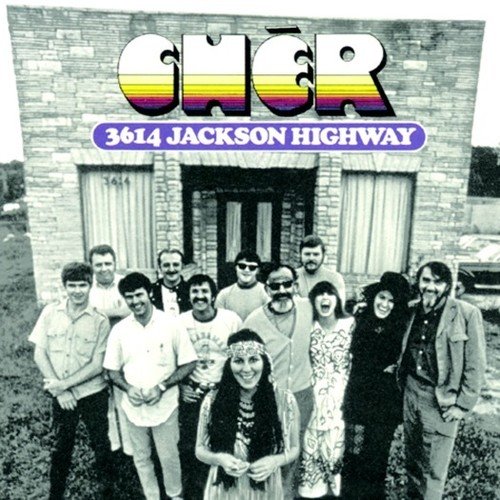
Eventually, Jerry Wexler hooked up with the Swampers to perform with the top artists in Atlantic’s stable. Wilson Pickett’s “Mustang Sally” was one of their first chart successes.
The Rolling Stones, newly signed to Atlantic after being cheated out of the rights to their London Records catalog, made the trip to Alabama to record three songs from Sticky Fingers while on an American tour.
Today, Muscle Shoals, Alabama, remains a premiere musical destination. Notably, The Black Keys recorded their Grammy Award-winning album, Brothers, in 2009 at the Muscle Shoals Sound Studio.
Wilson Pickett’s “Hey Jude”
Prattville, Alabama native Wilson Pickett was in his vocal element when he recorded the Beatles’ gem, “Hey Jude,” at FAME Studios in 1968. The guitar solo was performed by then little-known Duane Allman, who would soon scale rock’s greatest heights. Here it is, published by MrElDuderino85 via YouTube:
